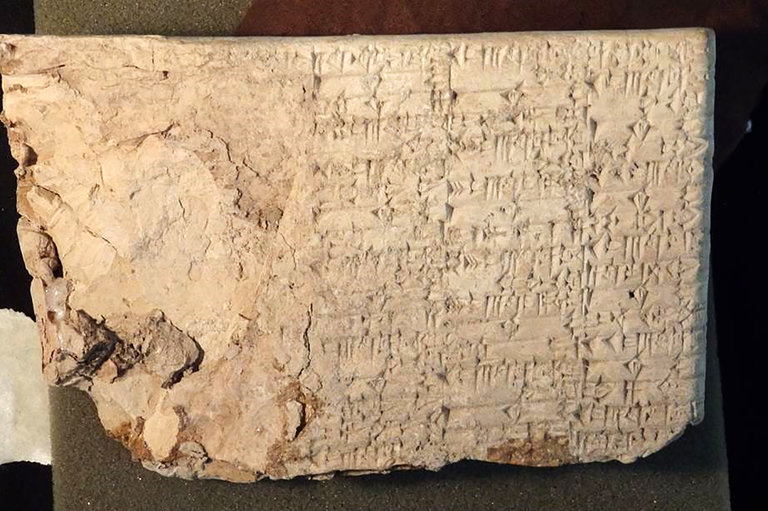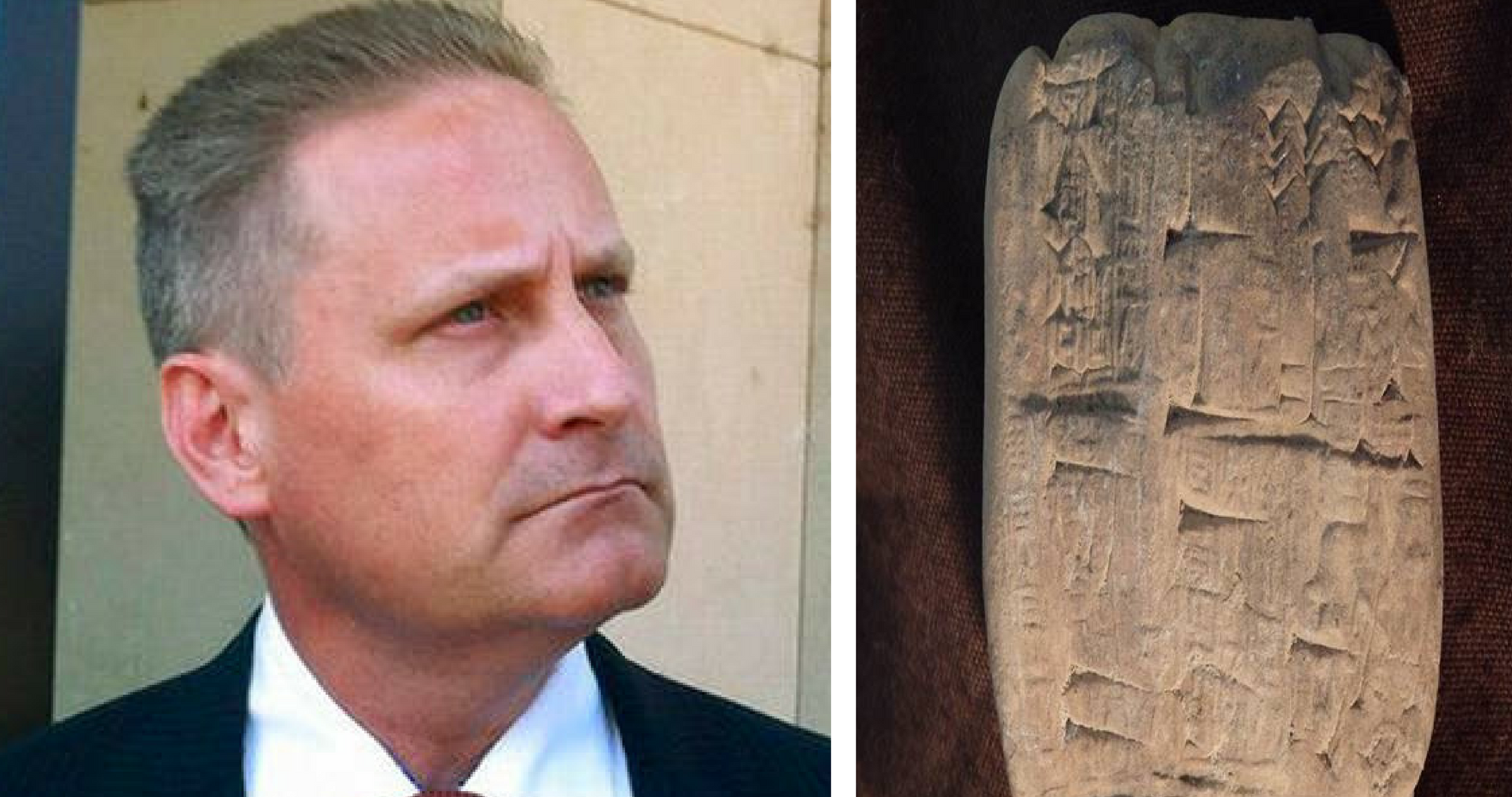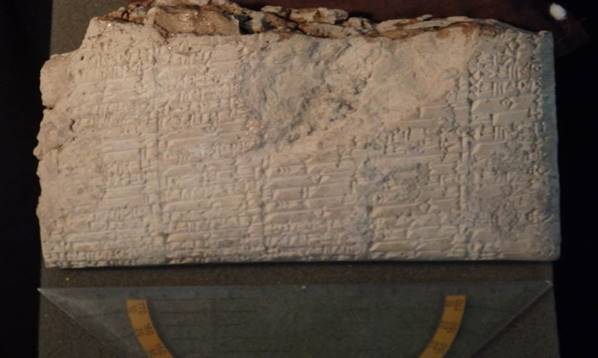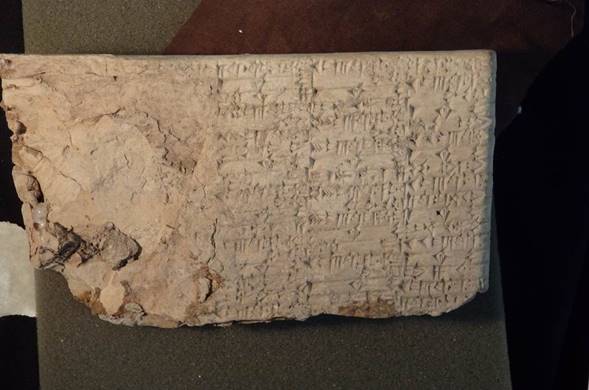Some people are saying what this religious family did was a sin, but they say that they just made some "regrettable mistakes." Who is right? You decide:
...
Within the past seven years, Hobby Lobby has amassed one of the largest collections of religious artifacts in the world. About 40,000 objects have made their way into the possession of the corporation's founding family.
When news broke of how quickly founder David Green and his family have managed to amass such a collection, experienced collectors of antiquities became suspicious.
"The sudden appearance in private collections of significant numbers of previously unknown artifacts raises red flags for those who follow the antiquities trade." - The Atlantic
In fact, many of the items in their collection were unknown to scholars and the general public before they turned up in the Greens' possession.


Now, the United States has filed a civil complaint against Hobby Lobby requiring them to give up thousands of artifacts that had been reportedly smuggled out of Iraq by the Greens and illegally shipped to the company as "ceramic tiles."
You might not expect a national arts-and-crafts chain run by devout Christian owners to be the front for an artifacts-smuggling operation, but Hobby Lobby did just that.
The evangelical Christian owners have a dedicated interest in the biblical Middle East and began collecting cultural artifacts from various countries in the region as early as 2009.
According to the Department of Justice, the company agreed to purchase 5,500 Artifacts for $1.6 million against the advisement of an expert on cultural property law.
According to the civil complaint, Hobby Lobby knowingly purchased cultural property that was very likely stolen from archaeological sites in Iraq then shipped to three locations in the United States using false and misleading shipping labels.
The artifacts, mostly rare cuneiform tablets (traditional clay slabs with wedge-shaped writing), were marked as "tile samples," then shipped to Hobby Lobby Stores, Inc. in Oklahoma City, Oklahoma and two of Hobby Lobby's corporate affiliates.
In addition to giving up the 5,500 artifacts, Hobby Lobby has agreed to pay a $3 million fine and submit quarterly reports to the government on any cultural property they acquire for the next eighteen months.
In a statement from Hobby Lobby founder Steve Green says that "regrettable mistakes" were made. He said that the company was "new to the world of acquiring these items and did not fully appreciate the complexities of the acquisitions process."
Innocent mistake - or did they try to get away with stealing? Let us know in the comments below!
[h/t CBS News / United States Department of Justice / New York Times / The Atlantic]




